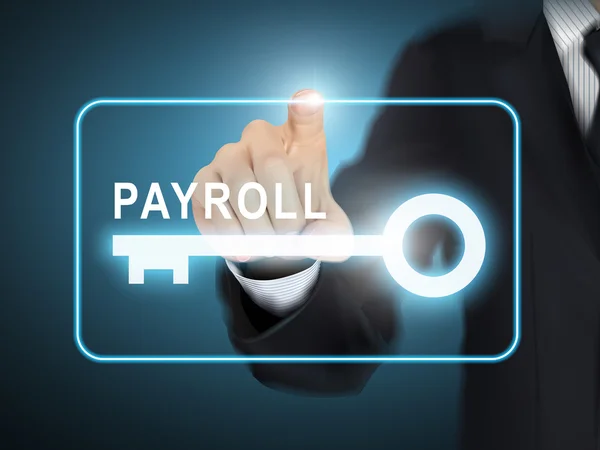Why Small Businesses Should Hire a Virtual CFO?
Hiring a Virtual CFO is becoming an increasingly popular option for small businesses that need expert financial guidance but can’t afford to hire a full-time Chief Financial Officer. A virtual CFO provides the same level of expertise and strategic advice as an in-house CFO but on a flexible, part-time basis.
In this blog, we’ll explore the benefits of hiring a virtual CFO and how it can help your small business grow and stay financially healthy.
What is a Virtual CFO?
A Virtual CFO is a financial expert who works remotely to provide businesses with financial analysis, planning, and strategy. Virtual CFOs typically work with multiple clients and offer services on a flexible, as-needed basis. They can help small businesses with budgeting, cash flow management, financial forecasting, and more, without the high costs of hiring a full-time executive.
Benefits of Hiring a Virtual CFO
- Cost-Effective Financial Expertise
Hiring a full-time CFO can be expensive, especially for small businesses. A virtual CFO provides the same level of financial expertise but at a fraction of the cost. This makes it a cost-effective solution for businesses that need strategic financial guidance but don’t have the budget for a full-time executive. - Improved Financial Strategy
A virtual CFO can help small businesses develop and implement a long-term financial strategy. This includes creating budgets, forecasting future revenues and expenses, and identifying areas for cost savings. By having a solid financial plan in place, businesses can make more informed decisions and achieve their growth goals. - Better Cash Flow Management
Managing cash flow is a common challenge for small businesses. A virtual CFO can help you improve cash flow by analyzing your financial data, identifying cash flow gaps, and implementing strategies to optimize working capital. They can also assist with securing financing if needed. - Financial Reporting and Compliance
Staying compliant with financial regulations and ensuring accurate financial reporting is crucial for small businesses. A virtual CFO can help with the preparation of financial statements, tax filings, and regulatory compliance, ensuring that your business stays on track. - Access to Advanced Financial Tools
Virtual CFOs often use advanced financial software and tools to provide real-time financial insights and analysis. These tools can help small businesses track key performance indicators (KPIs), monitor cash flow, and make data-driven decisions.
How to Know If Your Business Needs a Virtual CFO
You might consider hiring a virtual CFO if:
- Your business is growing rapidly, and you need strategic financial guidance.
- You’re experiencing cash flow challenges or need help with budgeting and forecasting.
- You want to improve your financial reporting and compliance.
- You’re planning to expand your business or secure financing.
- You need expert financial advice but can’t afford a full-time CFO.
Conclusion
Hiring a Virtual CFO offers small businesses access to expert financial advice and strategic planning without the cost of a full-time executive. Whether you need help managing cash flow, developing a financial strategy, or ensuring compliance, a virtual CFO can provide the guidance your business needs to succeed.

